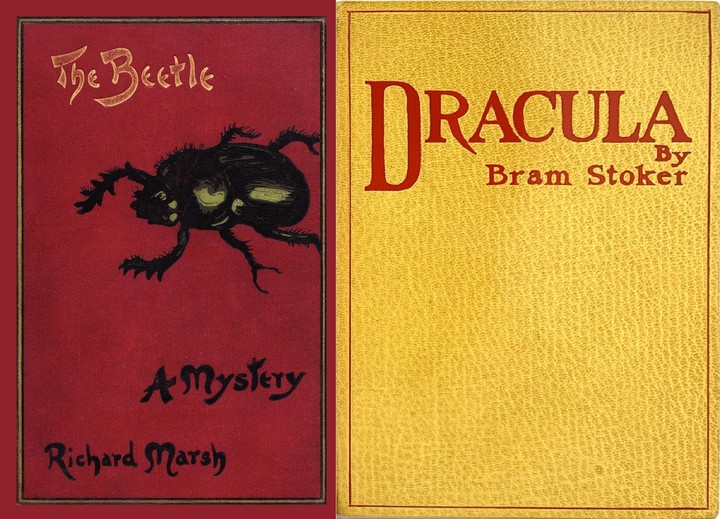Navigating 'Extremistan': Tracing the Factors behind the Divergent Cultural Longevity of Dracula and The Beetle

Abstract
By focusing on what is ‘worth’ reading or analyzing, the ongoing canonicity debates in literary studies overlook the complex dynamics that cause some novels to endure over the years, and others to fall into oblivion. To better understand this process, the focus needs to be shifted from canonicity to what cultural evolutionists call cultural longevity. This view entails ‘population thinking’, meaning that the collective memory of a novel is shaped by the aggregate of the individual-level heuristics of many people across time, mirroring Moretti’s claim that the ‘social’ canon drives the ‘academic’ canon, and not the other way around. In order to cast light on the processes that affect the cultural longevity of late Victorian novels, this paper looks into two gothic novels that, until recently, had been almost completely overlooked by literary scholars: Bram Stoker’s Dracula and Richard Marsh’s The Beetle. Upon publication, The Beetle was similarly regarded by critics and even outsold Dracula by a large margin, but nowadays only enjoys limited popularity. This paper argues that the inequality of the present day popularity enjoyed by the two novels is the result of small differences of literary quality, which were amplified by the dynamics of the market, a state of affairs that Taleb calls ‘Extremistan’. The paper investigates both intratextual (e.g. the formal features of the texts, the presence of certain topics of contemporary interest) and extratextual aspects (e.g. the different fortunes of their adaptations in early cinema, the advertising strategies of their publishers) that might have contributed to the divergent cultural longevity of these two novels, informed by insight from the computational humanities, cultural evolution, and biocultural criticism.